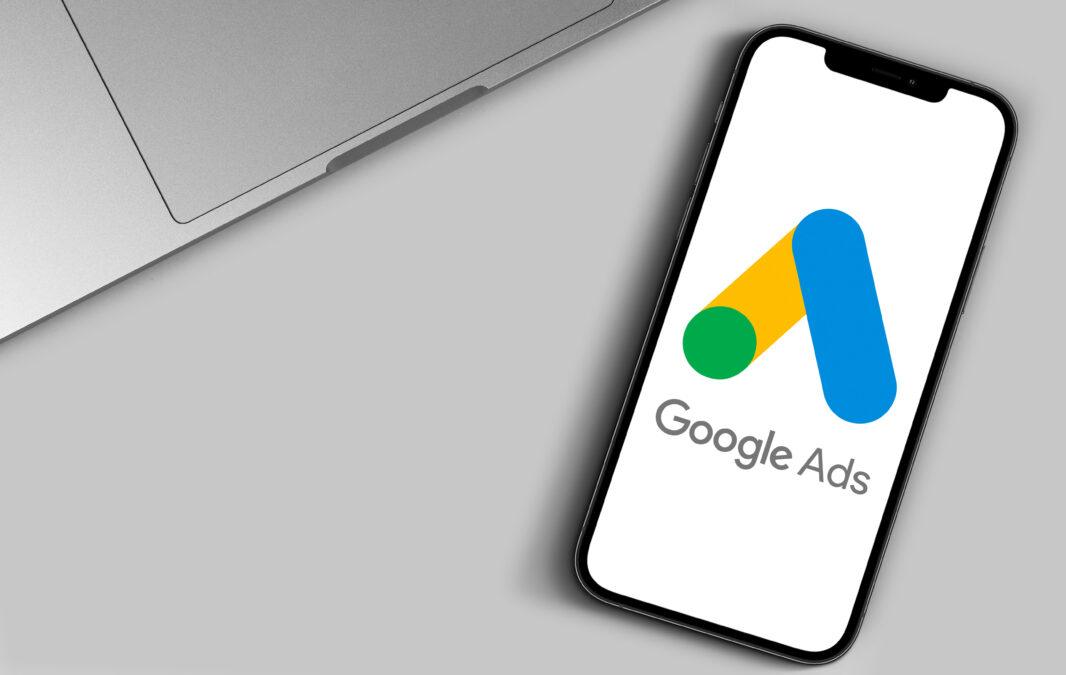When Kamar Aulakh took over as CEO of publishing software specialist Quark Systems in January 2004, the first thing he did was speak to customers to find out what they thought of the company and to get advice on the direction it should take. But when he got on the phone, he received a rude shock: the customers were far from complimentary about Quark.
In short, Aulakh found out that Quark’s reputation as one of the most hated software companies in the world – at least among its own customers – was more than justified. Quark, said users, was arrogant, its licensing rules draconian, and its customer service virtually non-existent.
In fact, many admitted, the only reason they had not defected already was a lack of viable alternatives. With the launch of Abobe InDesign, however, all that has changed. Despite holding an estimated 93% share in a market that covers magazine and book publishers, marketing houses and more, Quark is taking the threat posed by InDesign very seriously.
Adobe has developed the first application to compete with Quark’s flagship product, XPress, in terms of functionality. InDesign costs significantly less than Quark XPress’s £1000 price tag. Adobe’s imaging packages, Illustrator and Photoshop, are well established as essential tools in the industry, and InDesign boasts the interoperability with these programs Quark XPress has often been criticised for lacking.
Worryingly for Quark, there have already been a number of high-profile defections. The BBC, for example, recently shifted production of the majority of its magazines from Quark XPress to InDesign. “The support Adobe offered was a key factor in our final decision,” says Julian Adams, publishing systems manager at BBC Worldwide.
Aulakh’s reaction, unsurprisingly, has been to order an overhaul of Quark’s customer service practices, culminating in November 2004’s announcement that all English language technical support will be free of charge.
“We are changing the company from top to bottom, inside out,” explains Quark Systems’ marketing director Gavin Drake. “Before, we were a technology-centric company. We will now be customer-centric, focusing heavily on service,” he says.
Quark is also developing its business partnership network. The company recently announced, for example, that it will license its creative communications management technology to New York-based professional services firm DPCI. That represents a desire to engage with enterprise-level customers, which before it may have taken for granted.
Drake makes no secret of the fact that this overhaul has been prompted by the threat to Quark’s decade-long dominance of the page-layout market. “Even before InDesign came out, people told me they would ditch Quark as soon as there was a viable alternative,” he says. “Well now there is, and they have.”
But will Quark’s efforts be enough to stop even more defections? John Cunningham, creative director of Adobe UK, says that Quark still has a lot of catching up to do if it is to adequately address that threat. “We invested heavily in an infrastructure for InDesign, including support teams, evangelists, and trainers. Quark is only now starting that process,” he says.






